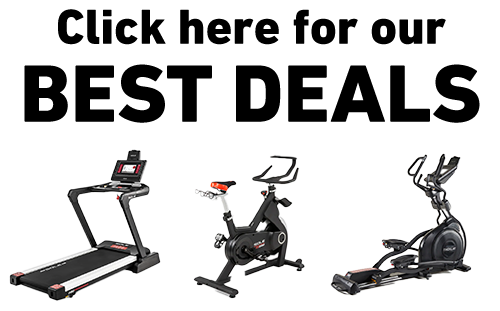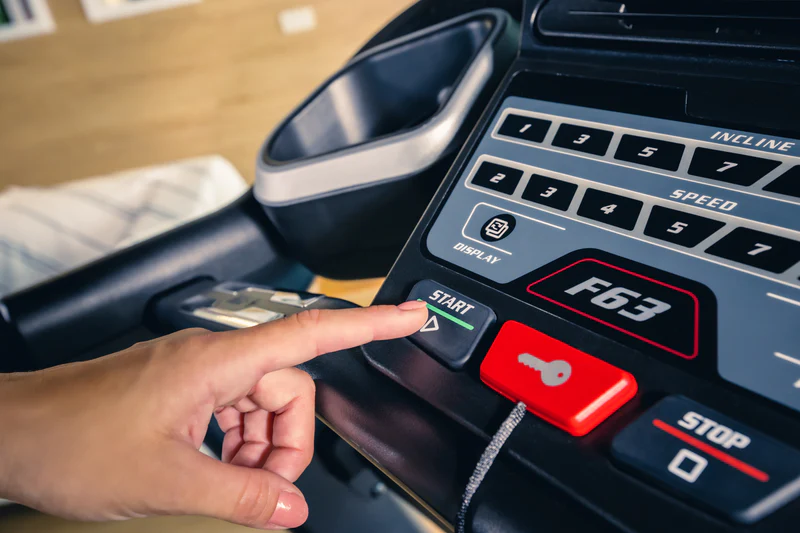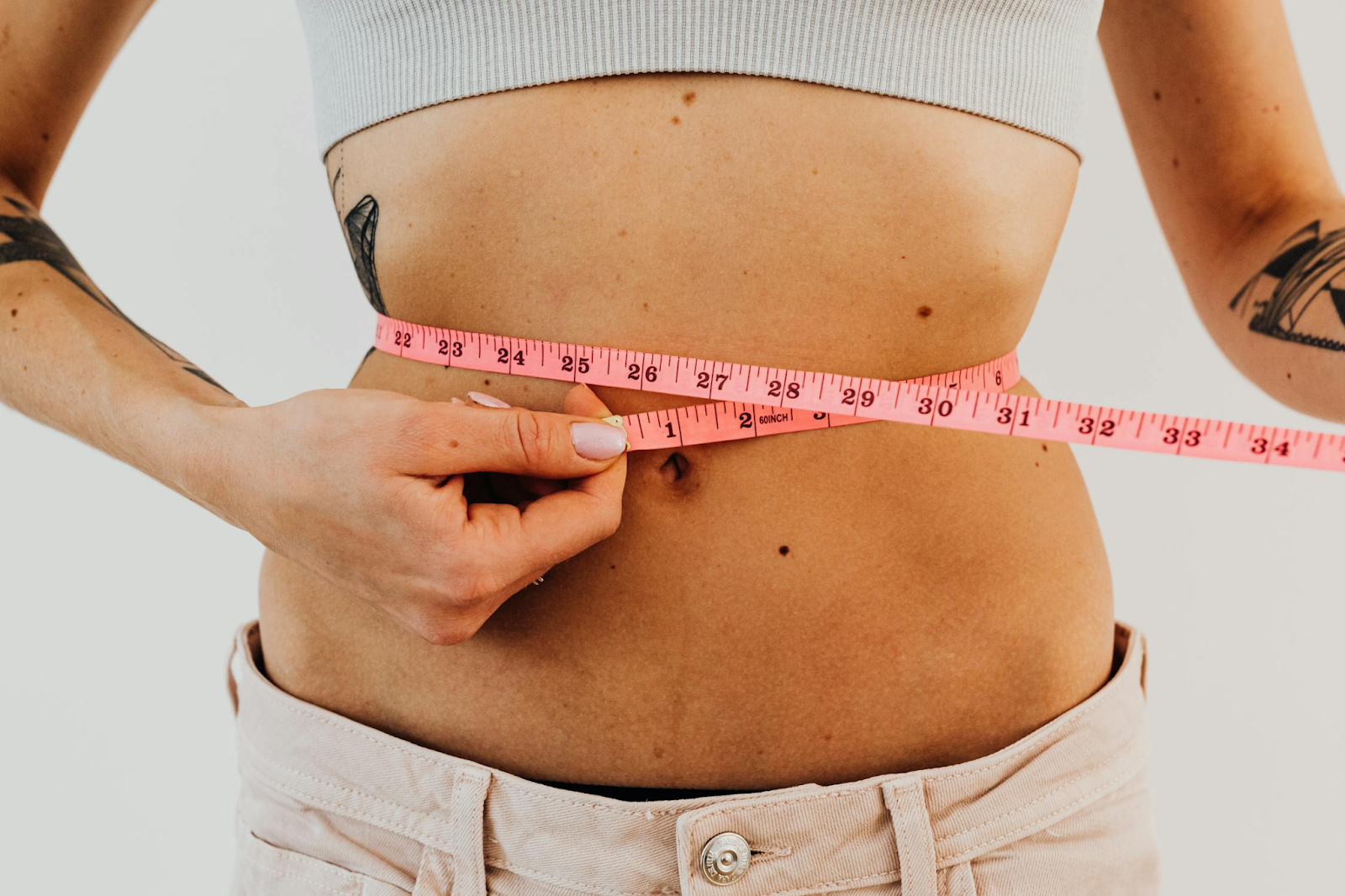Key Takeaways
- Accurate treadmill distance is important for effective training and tracking progress.
- Regular maintenance, including checking belt tension, ensures accuracy.
- Calibrate your treadmill every 6-12 months to keep distance readings accurate.
- Use a GPS watch to verify and double-check your treadmill’s distance.
- The SOLE F65 treadmill is known for its reliable distance tracking and strong performance.
How Accurate Are Treadmill Distances?
When you’re running on a treadmill, it’s easy to focus on your workout and not think about how accurate the distance is measured. Knowing how your treadmill tracks distance and what affects its accuracy is important.
|
At SOLE Fitness, we're proud to offer the best treadmills for your home or gym. These machines are crafted to meet the highest standards of quality and performance, ensuring they are ideal for anyone - from fitness novices to seasoned athletes. Featured Product SOLE Treadmills: Starting at $1,199.99, SOLE treadmills excel in ergonomic design, durability, and value. Equipped with advanced cushioning to minimize joint impact, powerful, quiet motors, and wide running surfaces, they suit any fitness level. |
Why Accuracy Matters
Accurate distance measurement is important for tracking progress and setting goals. If your treadmill’s distance is off, you might think you’re running more or less than you really are, which can mess up your training. Accurate readings help you monitor your endurance, set challenges, and avoid pushing yourself too hard, which could cause injury.
Let’s first look at some of the benefits of using a treadmill. After that, we’ll dive into how to check the accuracy of your treadmill’s distance measurement.
Benefits of Using a Treadmill
Convenience: Run whenever you want, no matter the weather.
Safety: Stay inside and avoid outdoor risks.
Variety: Adjust speed and incline for different workouts.
Consistency: Keep a steady pace and track your progress accurately.
Health: Improve heart health, ease joint strain, lose weight, and lift your mood.

Keep your treadmill accurate by maintaining the belt, calibrating, and monitoring incline and speed.
Measuring Distance on a Treadmill
Treadmills calculate distance by counting how many times the belt rotates, with each rotation equaling a set distance based on the belt length. While this method is generally accurate, it can be affected by belt wear and tear - old treadmills may lose accuracy as the belt stretches.
What Affects Treadmill Accuracy?
Several factors can affect how accurately your treadmill measures distance:
Belt Wear: A worn-out belt can mess up distance readings.Calibration: You need to calibrate your treadmill regularly to keep it accurate.
Incline: Running on an incline can change how the belt moves and affect measurements.
Speed: Running at high speeds might cause the belt to slip, which can throw off the distance.
Maintaining Treadmill Accuracy
To keep your treadmill’s distance measurement accurate, follow these tips:
- Check Belt Tension: Adjust the belt every 1-2 months to keep it tight.
- Clean Sensors and Belt: Remove dust and debris every 1-2 months.
- Calibrate Often: Calibrate your treadmill every 6-12 months, or sooner if you notice discrepancies in distance measurements.
- Lubricate Belt: Lubricate the belt every 3-6 months to reduce friction for smoother running.

Running indoors offers consistency, but outdoor runs bring varied challenges.
Treadmill & Outdoor Running
Running on a treadmill is different from running outside - treadmills offer a controlled environment, so the distance might not match what you’d cover outdoors. Outside, factors like terrain and wind can change your pace. Treadmills give a consistent distance measurement and are gentler on your joints, but the experience is different.
Check Treadmill Accuracy with Devices
To check if your treadmill’s distance is accurate, you can use a GPS watch or a tracking app:
- Wear a GPS Watch: Start your run and let the watch track your distance.
- Use a Tracking App: Apps can also help monitor and compare distance data for accuracy.
- Compare Readings: Compare the distance on the watch or app to what the treadmill shows.
- Adjust if Needed: If there’s a big difference, calibrate your treadmill or check for problems.
Some treadmills have built-in calibration features. Check your manual for how to use them.
Maximize Your Treadmill Workouts
Knowing how your treadmill measures distance is important to getting the most out of your workouts. Understanding what affects accuracy helps you make sure every session counts and your progress is tracked right.
Regular maintenance and using tools like GPS watches and apps keep your treadmill and distance readings in check. For dependable accuracy, consider a treadmill like the SOLE F65, known for its precise distance tracking and strong performance.

Ensure accurate distance tracking with regular maintenance and the right tools.
SOLE: Invest in Precision
Want a treadmill that ensures precise distance measurement and durable performance? Check out the SOLE F65 Treadmill. It’s built for reliability and accuracy, offering a robust motor, a comfortable running surface, and a user-friendly interface.
Frequently Asked Questions (FAQ)
How Often Should I Calibrate My Treadmill?
It’s good practice to calibrate every 6 months, or more often if you notice any discrepancies in distance measurements. Follow your owner’s manual for calibration instructions to keep everything running smoothly.
Can Running on an Incline Affect the Accuracy of My Treadmill’s Distance Measurement?
Yes, running on an incline can affect how the belt moves, which may impact distance accuracy. To minimize discrepancies, ensure your treadmill is properly calibrated.
What Can I Do If My Treadmill’s Distance Measurement Seems Off?
First check and adjust the belt tension. Clean the sensors and belt, calibrate your treadmill according to the manufacturer’s instructions, and lubricate the belt to reduce friction. If the issue persists, it might be worth consulting a professional.
How Does the Sole F65 Treadmill Ensure Accurate Distance Measurement?
The SOLE F65 is renowned for its precise distance tracking. Our machine features a reliable motor and advanced technology that ensures accurate measurements.
Can I Use a GPS Watch to Verify My Treadmill’s Distance Accuracy?
Yes. Wear the watch during your workout, compare the distance it records with the treadmill’s display, and adjust the treadmill as needed if there’s a big difference. This method is useful for cross-checking and ensuring your treadmill’s readings are on point.




Leave a comment
This site is protected by hCaptcha and the hCaptcha Privacy Policy and Terms of Service apply.